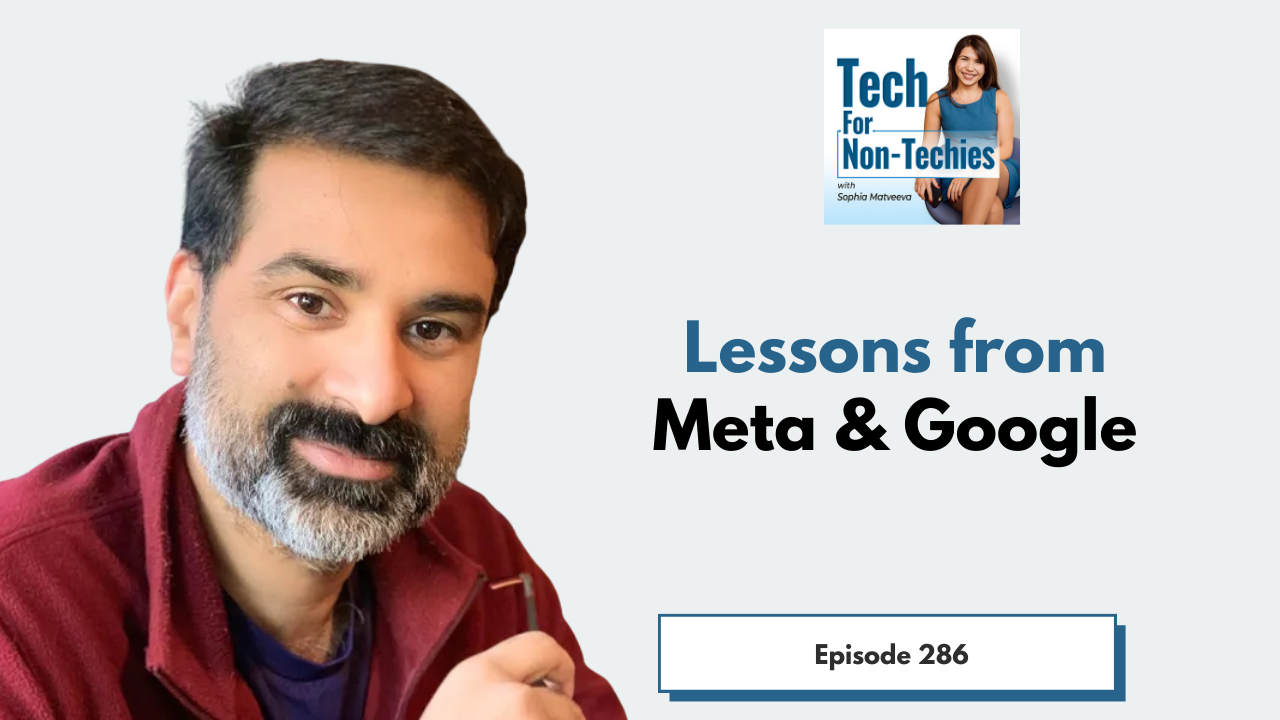How do you start a marketplace when you have no customers? Or a dating app with no users?
This is the classic chicken-and-egg problem every platform faces: you need both sides to attract either side.
In this episode, Sophia Matveeva breaks down six proven methods successful platforms used to so...
A beautiful logo won’t save your startup.
If you treat go-to-market as a slick website and a rebrand, you’re already behind.
Here’s the thing. In tech, marketing isn’t a department. It’s product strategy. From day one.
In this episode, Sophia Matveeva breaks down the seven pillars of go-to-mar...
AI isn’t just coming from Silicon Valley anymore.
A growing number of startups — and companies like Airbnb — are turning to Chinese open-source AI models instead of US-based APIs. Not because it’s trendy. Because it’s cheaper, more flexible, and often good enough.
In this episode, Sophia Matveeva ...
Costs dropped 90%. Funding got 10x harder.
It’s now much cheaper to build an AI product than it was two years ago — and far harder to convince investors your product has a moat.
In this episode, Sophia Matveeva breaks down the four investing shifts shaping who gets funded, who doesn’t, and wh...
Starting a tech company sounds exciting: autonomy, upside, the chance to build something meaningful.
The reality is tougher.
Startups demand constant decision-making with incomplete information, emotional resilience, financial sacrifice, and the ability to withstand rejection from investors, cu...
If you're thinking about joining Tech for Non-Technical Founders, this episode is for you.
In this episode, I walk you through exactly what you'll be doing for the next 6 weeks—and where your app, platform, or marketplace will be by the end of February.
When you listen to this episode, you will...
It is harder to raise funding as a non-technical founder as a non-technical one.
Some of this is silly stigma, but some of it is reasonable risk awareness.
Investors aren’t worried that you can’t code.
They are worried you’ll burn through their money because you don't know how to get a tech ...
Even billion-dollar teams start simple first.
Rags Vadali's team at Meta gave small businesses in Brazil two phones—one red, one blue—and spent two months tracking every customer message in a spreadsheet.
No fancy tech. No code.
Just analog data collection.
That experiment validated what beca...
Most people assume turning an idea into revenue takes years. Turns out, that belief slows more projects down than tech ever does.
In just seven months, Noor Alderazi, founder of Tamam Technologies, went from idea to a live product with paying customers.
No technical background. No bloated deve...
Most people think the upside of building a tech company comes after success.
Turns out, a lot changes long before that.
The moment you start building something technical, your professional gravity shifts. Doors open. Conversations change. People listen differently.
Some offer to pay you for y...
You’ve built a successful business before. So why does tech feel harder than it should?
Here’s the uncomfortable truth. The instincts that made you successful offline can quietly sabotage you when you build tech or add AI.
In this episode of Tech for Non-Techies, Sophia breaks down the four tra...
Most people dive into tools, stacks, and AI hacks the moment a new idea lands.
Sadly, that’s the fastest way to burn cash and momentum.
Here’s the thing: before you touch a single line of tech, you need to master the skillset the best companies in the world return to again and again — the skill...















